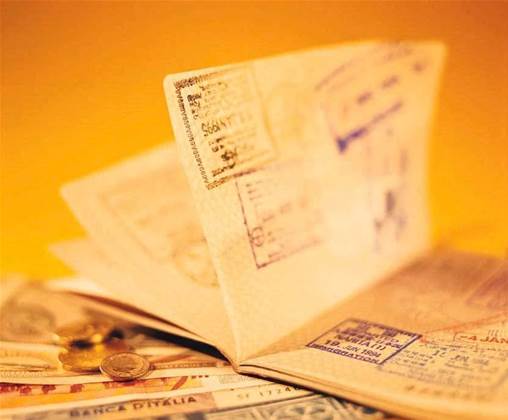The Department of Home Affairs is looking to artificial intelligence and machine learning to identify problems in visa applications.

The newly formed department last week asked the market for information about how these and other technologies could be used to augment and eventually automate human assessments of complex visa applications.
It is the next step in the department’s once-in-a-generation overhaul of Australia’s visa system, which will split the various components of its visa operations into eight separate bundles, and see market providers take on a larger role.
The RFI specifically relates to “assessments of temporary visa applications from all geographic locations against visa criteria (other than health and national security assessments)”, as well as "longer-term, more complex visa products" at a later stage.
Visa processing is currently performed manually by departmental staff using some supporting technology to assess a range of information - the majority of which is gathered from paper visa applications - in order to make assessments against each criteria.
“Making these assessments, which form part of the information on which a decision to grant or refuse a visa is made, costs several hundred million dollars a year,” tender documents state.
With the volumes of visa and citizenship applications expected to grow by around 50 percent to 13 million per annum over the next 10 years, the department is keen to move away from this “resource intensive approach”.
The department expects that three broad types of solutions could be introduced to help deliver assessments: business process services, supportive technology such as robot processing automation and analytics, and emerging disruptive technology like AI and machine learning.
“The market consultation process shows that business process services could play a substantial role in any initial solution for assessments against visa criteria, with supportive technology improving productivity and accuracy over time,” tender documents state.
While the department expects initial capability will involve “predominately human-delivered service solutions” using supportive technology, it is also looking at opportunities to “deploy disruptive technologies developed by niche providers”.
“Disruptive technologies are maturing and may be ready to play a role in assessments against visa criteria by the time the first temporary visa product is launched in December 2019.”
These solutions would assess an applicant’s eligibility against a range of threshold questions in cases where straightforward approval cannot be granted and further assessment is required.
This could include making decisions around “the genuineness of the applicant’s intention to depart Australia at the end of their visa, or the genuineness of a claimed spouse relationship”, as well as whether the applicant has sufficient funds to support themselves, the agency said.
However, the assessments wouldn’t constitute a decision - the department said it would retain ultimate responsibility for all rulings.
Increasingly automating application processing for the majority of clients who are low risk would allow staff to focus attention on “higher risk clients”, the department said.
It has previously predicted that as many as 90 percent of all future visa applications will be decided through an automated platform.
The department expects to commence a procurement process later this year for new technologies that can assist in application assessments.





.png&h=140&w=231&c=1&s=0)





 iTnews Executive Retreat - Security Leaders Edition
iTnews Executive Retreat - Security Leaders Edition
 iTnews Benchmark Awards 2026
iTnews Benchmark Awards 2026
 iTnews Cloud Covered Breakfast Summit
iTnews Cloud Covered Breakfast Summit
 The 2026 iAwards
The 2026 iAwards












_(1).jpg&h=140&w=231&c=1&s=0)



